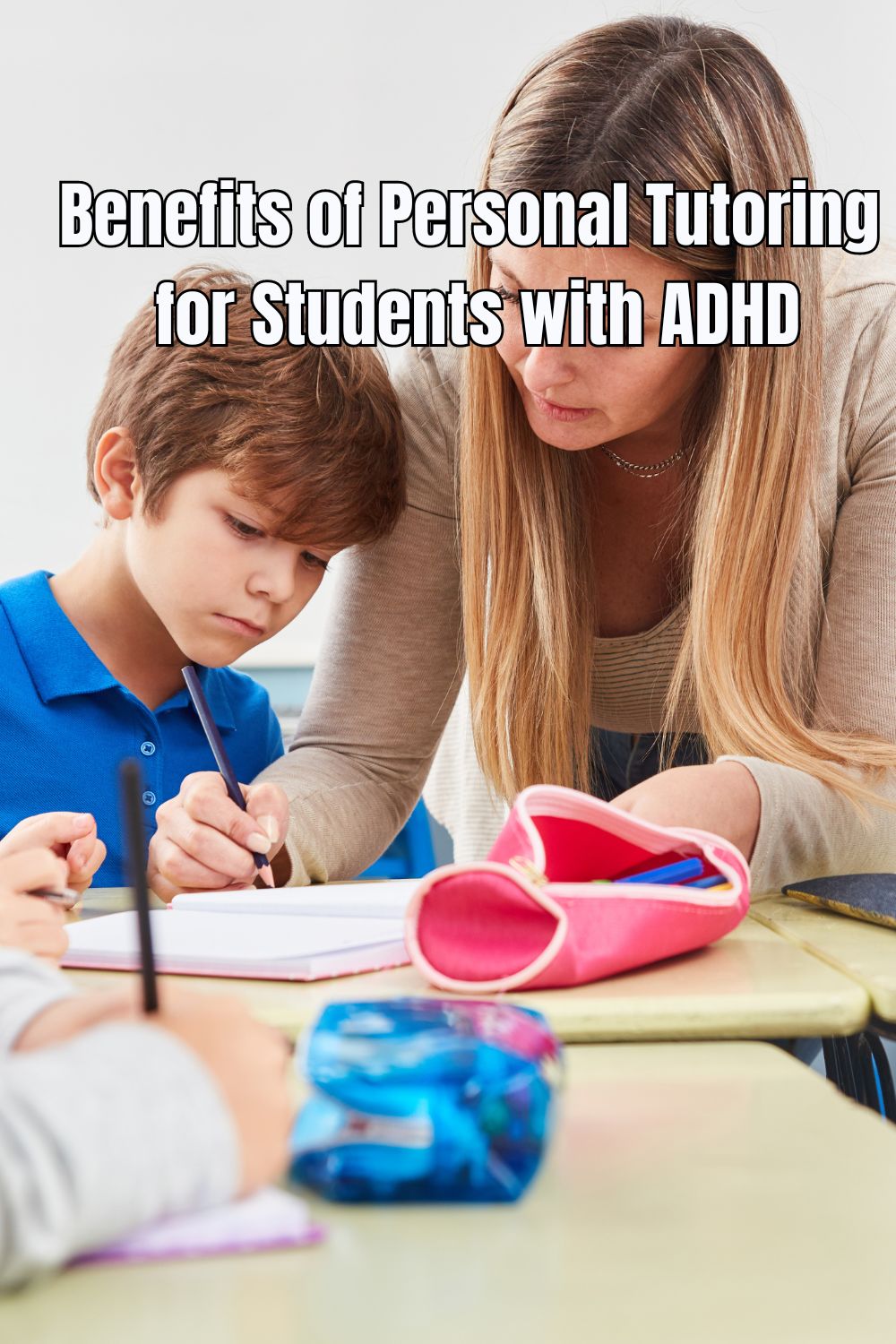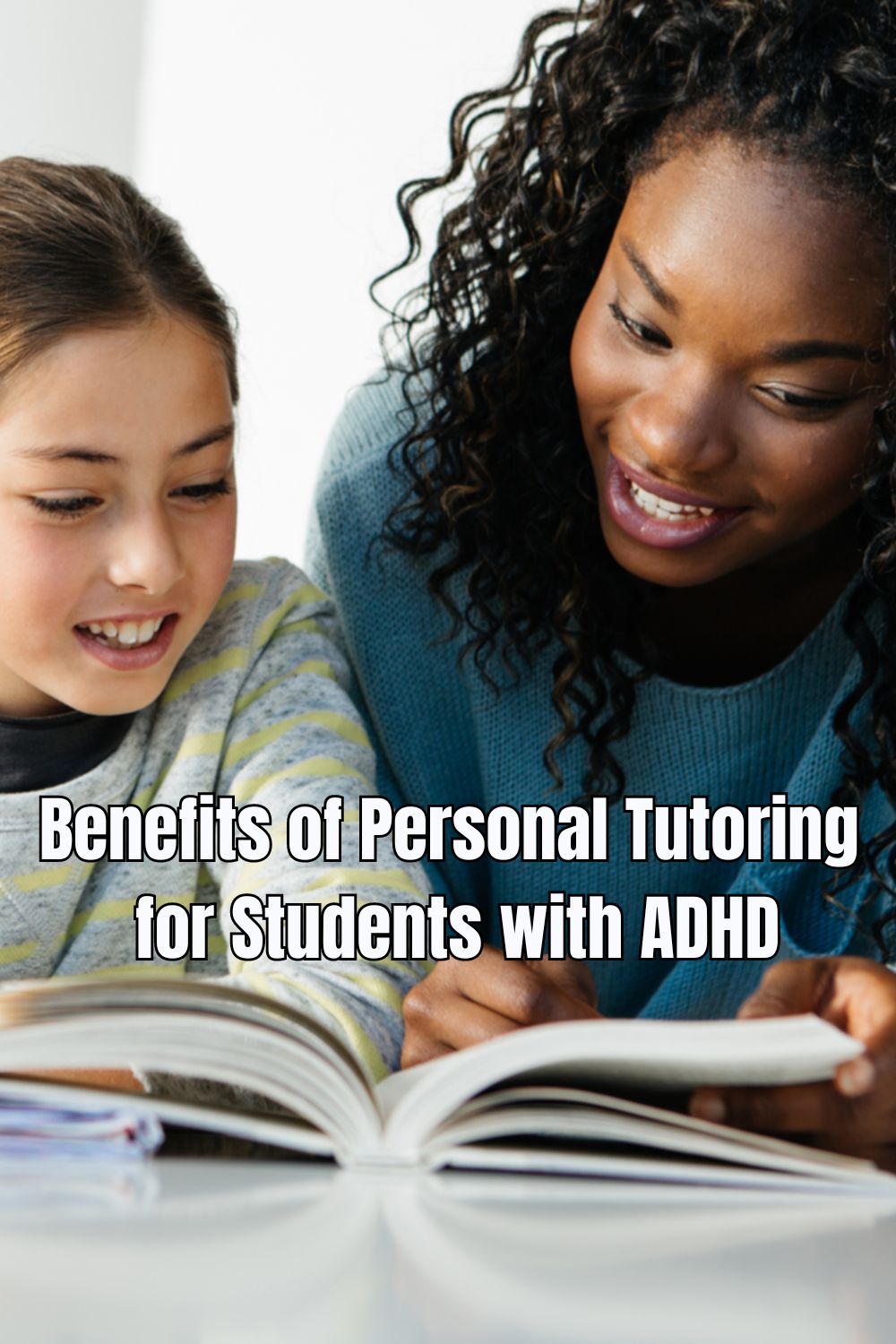Are you looking for ways to help your students with adhd? Here is one way and the Benefits of Personal Tutoring for Students with ADHD
Benefits of Personal Tutoring for Students with ADHD
Many students who have ADHD find it difficult to study. Fortunately, there are a number of different ways that study skills tutoring can benefit such students. There are many different ways that ADHD tutoring can be set up to meet each individual student’s needs.
Unique Ways Personal Tutoring Helps Students with ADHD
Today’s classrooms have a variety of challenges. From digital devices to overcrowding, it can be difficult for educators and students to connect under the best circumstances. That’s why many families are embracing complementary services to help their children. The many benefits of personal tutoring are often amplified for students who have ADHD or ADD.
The one-on-one nature of personal tutoring allows students the space they need to address behavioral issues while still being able to learn. Their behavioral challenges no longer exclude them from learning. This type of personal tutoring helps the student to establish effective learning skills that match their personalities and preferences. For students with ADHD, learning how to better channel their energy and interests, the more successful they’ll be in an academic setting.
Common Challenges Faced by Students with ADHD
The unique needs of students with ADHD are often difficult to address in a typical classroom setting. The extra attention that’s often needed is often overlooked, and students are mainly punished for misbehavior and a lack of focus and attention.
Enhanced Study Tips Taught Through Personal Tutoring
One of the most helpful tips for students who have difficulty concentrating, like those with ADHD, is to do a physical check-in. Before they begin studying or doing homework assignments, it’s important that they feel physically safe and comfortable. During this check-in, they can also ask themselves if they’re hungry or thirsty, or need to use the bathroom. Having this feeling of physical safety and comfort will help reduce distraction.
Another tip is to start with an easy task. This helps to get the ball rolling and instills a sense of accomplishment early on during the study session. It’s easy for any student to feel discouraged, especially those that have ADD or ADHD. Another tip for ADHD tutoring is to begin studying or working on an assignment as soon as the student knows about it. Procrastination only makes frustration and inattention worse. Waiting until the last minute to begin a project or assignment often leads to a subpar job that continues a cycle of frustration and giving up.
The personal attention that tutoring provides ensures that students receive the guidance that will help them succeed. A personal tutoring approach allows the student to be met where they are on any particular day. For example, if they’re undergoing an emotionally challenging time, the tutor can adjust that day’s lesson to better suit the student’s current capabilities. On days when they’re extremely focused and engaged, the tutor can take advantage of the situation by introducing new or more challenging concepts on that day. The curriculum can be adjusted to meet the needs of the student; something that’s impossible to achieve in a classroom setting.
Advantages for Parents, Too
Parents of students with ADHD can also benefit from personal tutoring students. As they become more familiar with the effective approaches that are utilized in the tutoring sessions, they can reinforce these skills outside of tutoring sessions. They can also discuss what strategies are working for their child with the other educators who are in their child’s life. All of these strategies and skills will help the child to be less disruptive and frustrated, allowing them to engage more successfully with both their peers and other family members.
Now is an ideal time to learn more about the ways that one-on-one tutoring can help improve the academic performance and overall school experience for students with ADHD and other concentration and focus challenges.


Leave A Reply!